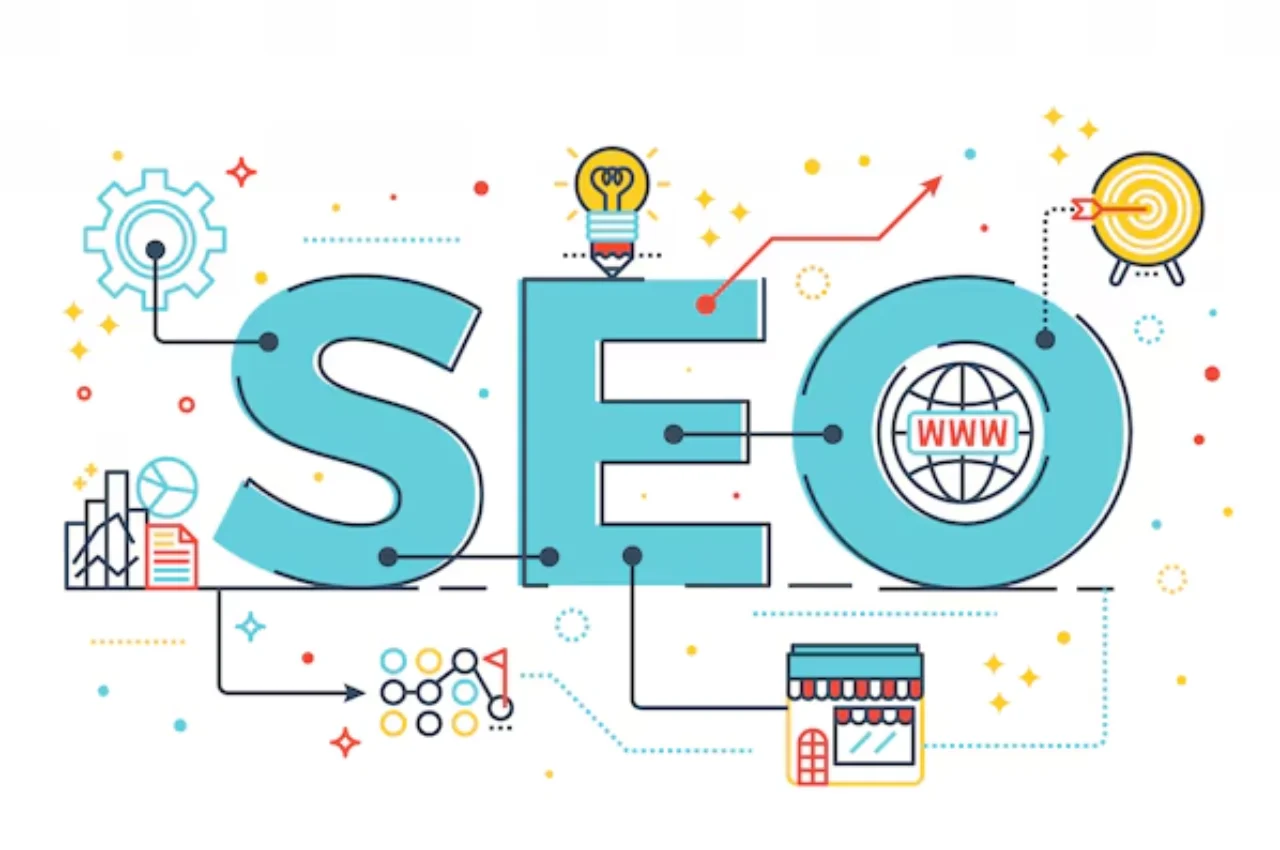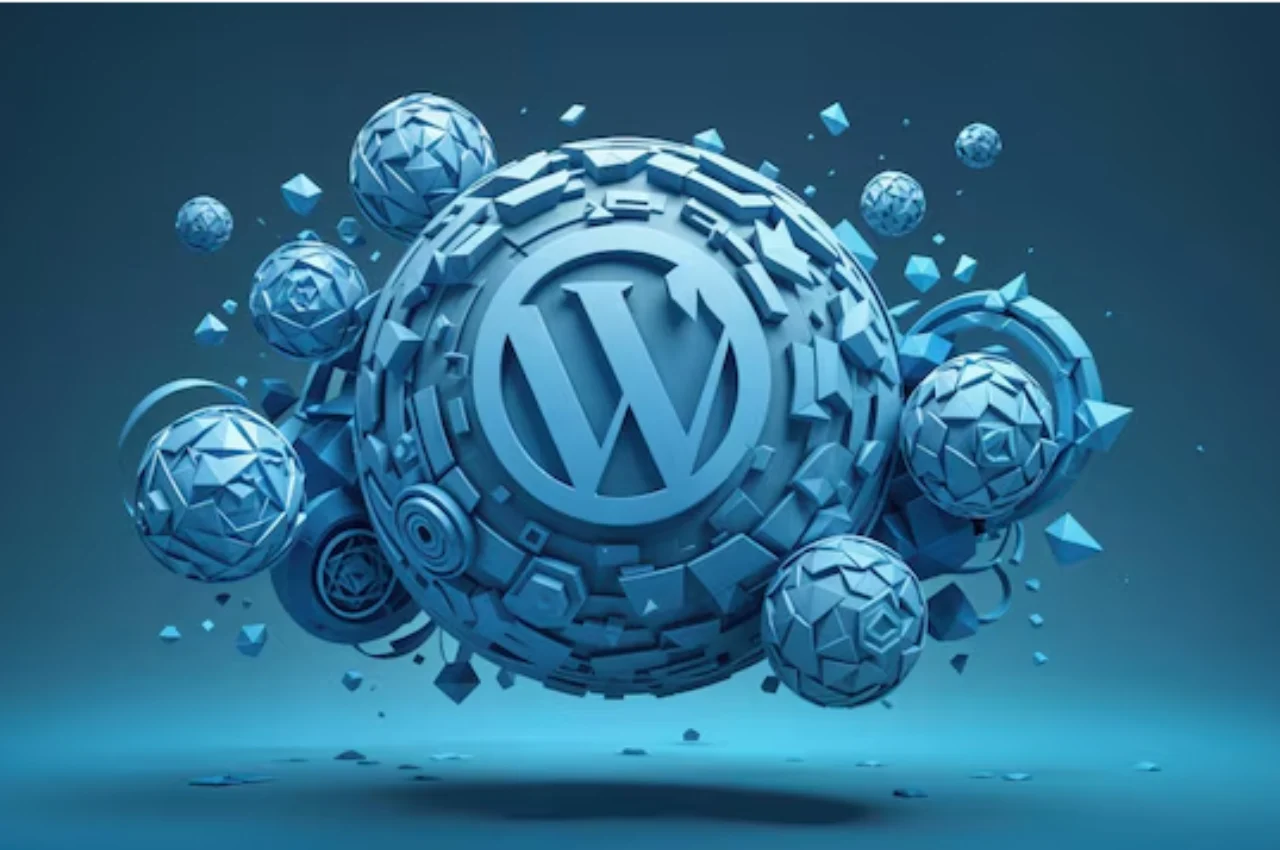When it comes to speed, static site generators like Gatsby and Hugo are faster than WordPress. These platforms generate pre-built static pages, providing quicker load times and improved performance.
Static site generators, such as Gatsby and Hugo, offer faster load times and improved performance compared to WordPress. These platforms create pre-built static pages, enhancing website speed and user experience. In a digital landscape where speed is crucial for SEO and user engagement, choosing a faster alternative to WordPress can significantly impact the success of a website. By utilizing a static site generator, businesses can enhance their online presence, improve search engine rankings, and deliver a seamless browsing experience to their audience. Therefore, considering faster options like Gatsby and Hugo can be instrumental in achieving optimal website performance and customer satisfaction.
Table of Contents
The Need for Speed
Website speed is a critical factor for online success, with slow loading times adversely affecting user experience, search engine rankings, and ultimately, the bottom line. In a digital age where instant gratification is expected, it’s crucial for websites to be faster than ever before. In this blog post, we’ll explore the impact of slow website speeds and what options are available to create a faster website than WordPress.

Slow Website Woes
A slow website can lead to a plethora of issues, including high bounce rates, decreased user engagement, and lower conversion rates. When visitors encounter a sluggish site, they are more likely to abandon it in favor of a faster alternative. This not only results in lost opportunities but also tarnishes the brand’s reputation. Additionally, search engines like Google prioritize fast-loading websites, meaning that a slow website can negatively impact its visibility and ranking.
Impact of Website Speed
The impact of website speed cannot be underestimated. Studies have shown that even a one-second delay in page load time can lead to a substantial drop in conversion rates. Furthermore, slow websites often struggle to rank well in search engine results, as page speed is a key factor in search algorithms. This means that a slow website not only frustrates users, but it also hampers the site’s ability to attract and retain organic traffic.
Understanding WordPress Performance
Understanding WordPress performance is crucial for maintaining a fast, efficient website that delivers a positive user experience. WordPress performance can be influenced by several factors, including the quality of your web hosting, the number and type of plugins installed, theme complexity, and the size of your database. Slow load times can negatively impact your site’s SEO rankings and user engagement. Regularly monitoring performance, optimizing images, using caching solutions, and choosing lightweight themes can help improve WordPress performance and ensure your site runs smoothly and efficiently.
WordPress as a CMS
WordPress is a versatile Content Management System (CMS) that powers millions of websites globally. Originally designed as a blogging platform, WordPress has evolved into a robust CMS capable of handling a wide range of website types, from simple blogs to complex e-commerce sites. Its user-friendly interface, extensive plugin library, and customizable themes make it an ideal choice for both beginners and experienced developers. WordPress offers flexibility, allowing users to create and manage content easily, optimize for SEO, and extend functionality with thousands of plugins. Whether for personal, business, or professional use, WordPress provides a powerful platform for online presence.
Common Performance Bottlenecks
- Large image sizes can slow down site loading times.
- Excessive plugins can cause performance issues.
- Outdated themes may not be optimized for speed.
WordPress performance can be optimized through image compression, plugin management, and theme updates.
Exploring Alternatives
Discover a quicker alternative to WordPress for your website. With faster loading times and improved performance, this solution offers a seamless experience for both users and administrators. Explore the benefits of this efficient platform for your online presence.
Static Site Generators
Static site generators offer blazing-fast websites with minimal server processing requirements. Popular options include Jekyll, Hugo, and Gatsby, providing flexibility and speed for content delivery.
Headless CMS Solutions
Headless CMS decouples the front-end and back-end, streamlining content management processes. Options like Strapi, Contentful, and Prismic empower developers to create dynamic websites efficiently.
Benefits of Faster Platforms
Faster platforms offer numerous benefits, particularly in the realm of user experience and SEO. A fast-loading website enhances user satisfaction, reducing bounce rates and increasing the likelihood of visitors engaging with content. Speed is also a critical factor in search engine rankings, as faster sites are favored by algorithms, leading to improved visibility and higher organic traffic. Additionally, faster platforms support better mobile performance, ensuring that users on all devices enjoy a seamless experience. Overall, a quicker platform boosts conversions, supports better SEO, and contributes to a stronger, more competitive online presence.
Improved User Experience
Faster platforms significantly enhance user experience by reducing page load times and ensuring smoother navigation. When users can access content quickly without delays, they are more likely to stay engaged and explore more of the site. This responsiveness leads to higher satisfaction, lower bounce rates, and increased conversions. Improved load speeds also contribute to better accessibility on various devices, ensuring that all users, regardless of their internet connection, can enjoy a seamless browsing experience. Ultimately, a faster platform creates a more positive and efficient user interaction, which is crucial for retaining visitors and encouraging repeat visits.
SEO and Conversion Rate Impact
Faster platforms significantly boost both SEO and conversion rates, providing a dual benefit for website owners. Speed is a crucial ranking factor for search engines like Google, meaning faster-loading websites are more likely to appear higher in search results, driving more organic traffic. Additionally, a quicker site enhances user experience, reducing bounce rates and encouraging visitors to engage more deeply with the content. This improved user experience often leads to higher conversion rates, as users are more likely to complete desired actions, such as making a purchase or filling out a form, on a fast and responsive website.

Transitioning From WordPress
Transitioning from WordPress to a faster platform can be a game-changer for your website’s performance. While WordPress is a popular choice for many websites, there are faster alternatives that can improve loading speeds, user experience, and search engine rankings. In this article, we’ll explore the considerations and steps involved in transitioning from WordPress to a faster platform.
Migration Considerations
When considering a migration from WordPress, it’s important to assess the impact on your website’s content, design, and functionality. Here are some key migration considerations to keep in mind:
- Content Transfer: Ensure a smooth transfer of existing content, including posts, pages, media, and comments, to the new platform.
- SEO Preservation: Maintain SEO equity by implementing proper redirects and ensuring that URL structures are preserved during the migration process.
- Design Compatibility: Evaluate the compatibility of your current website design with the new platform to maintain visual consistency.
- Functionality Assessment: Identify essential features and functionalities that need to be replicated or replaced on the new platform.
Choosing The Right Platform
When transitioning from WordPress, selecting the right platform is crucial for achieving improved speed and performance. Consider the following factors when choosing a faster alternative:
- Speed and Performance: Prioritize platforms known for their speed, efficient code, and optimal performance for a seamless user experience.
- Scalability: Look for a platform that can accommodate future growth and increased traffic without compromising speed or reliability.
- Customization Options: Assess the level of customization available on the new platform to align with your website’s unique requirements.
- SEO-Friendly Features: Ensure that the new platform offers built-in SEO capabilities and supports best practices for search engine optimization.
Optimizing Website Speed
When it comes to website speed, optimizing performance is crucial. Faster loading times can improve user experience and boost search engine rankings. Let’s explore some key strategies to make your website faster than WordPress.
Caching Strategies
Caching helps reduce load times by storing static files for faster access.
- Utilize browser caching to store files locally for quicker loading.
- Implement server-side caching to pre-generate pages and reduce server load.
Image and Code Optimization
Optimizing images and code can significantly improve website speed.
- Compress images without compromising quality using tools like Smush.
- Minify CSS and JavaScript files to reduce their size and improve load times.
Case Studies
When it comes to exploring alternatives to WordPress, case studies provide valuable insights into successful transitions and performance comparisons.
Successful Transitions
Several companies have successfully migrated from WordPress to faster platforms like Webflow and Wix.
Performance Comparisons
Comparing the loading speed and SEO performance of different platforms can help in decision-making.
Future of Website Speed
Website speed is a crucial factor for online businesses. Slow websites can lead to increased bounce rates and lost revenue. As technology advances, websites are expected to load faster than ever before. In this article, we’ll explore the emerging technologies that are faster than WordPress and make predictions and recommendations for the future of website speed.

Emerging Technologies
There are several emerging technologies that are faster than WordPress. Let’s take a look at some of them:
| Technology | Description |
| Static Site Generators | Static site generators like Gatsby, Hugo, and Jekyll generate HTML files that can be served directly to the user, resulting in faster load times. |
| Progressive Web Apps | Progressive web apps use modern web capabilities to deliver app-like experiences to users. They can be faster than traditional websites because they can be cached on the user’s device. |
| Headless CMS | Headless CMS separates the content from the presentation layer, allowing for faster load times and more flexibility in design. |
Predictions and Recommendations
As technology continues to advance, websites are expected to load faster than ever before. Here are some predictions and recommendations:
- Static site generators and headless CMS will become more popular, leading to faster load times and more flexibility in design.
- Progressive web apps will continue to grow in popularity, offering app-like experiences to users.
- Website owners should prioritize website speed and consider using emerging technologies to improve load times.
- Regular website maintenance and optimization should be performed to ensure optimal performance.
In conclusion, the future of website speed is exciting. Emerging technologies like static site generators, progressive web apps, and headless CMS are faster than WordPress and offer more flexibility in design. Website owners should prioritize website speed and consider using these technologies to improve load times.
Conclusion
To sum it up, when it comes to choosing a platform for your website, you want something that is fast, reliable, and user-friendly. WordPress is a popular choice, but there are other options out there that can be even faster and more efficient. Whether you decide to go with a static site generator or a headless CMS, make sure to choose a platform that meets your specific needs and goals. By doing so, you can create a website that not only looks great but also performs at its best.


